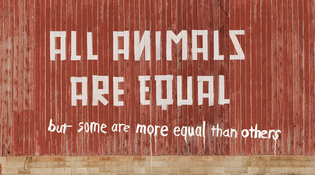 loading
loading
Arts & CultureThey didn’t say it firstYou can quote them Yale law librarian Fred R. Shapiro is working on the second edition of his Yale Book of Quotations.  John Paul ChirdonView full imageMore famous quotations are anonymous than you think. We’re not referring here to the likes of “To be or not to be” or “Fourscore and seven years ago,” which have clear-cut original sources. But a startling number of quotations that once seemed to have straightforward points of origin now no longer do. With the continuing development of searchable online databases of historical books and periodicals over the past few decades, standard attributions for famous quotes have been proven wrong in great numbers—so many that well-researched quotation books are at risk of being devoted mostly to a huge author section called “Anonymous.” Here are a few of the many examples: “All animals are equal but some are more equal than others.” “A billion here, a billion there, pretty soon it begins to add up to real money.” “All politics is local.” “Life is what happens to you while you’re busy making other plans.” “If you’re not part of the solution, you’re part of the problem.” “The buck stops here.” “Winning isn’t everything—it’s the only thing.” Are we doomed to vast “Anonymous” sections from now on? I’d argue that it’s useful for readers to be able to find their favorite quotes where they expect them. Therefore, in my book, I do list some quotations that are wrongly but strongly linked to a familiar person under that person’s name—with, of course, accurate explanatory annotation.
The comment period has expired.
|
|